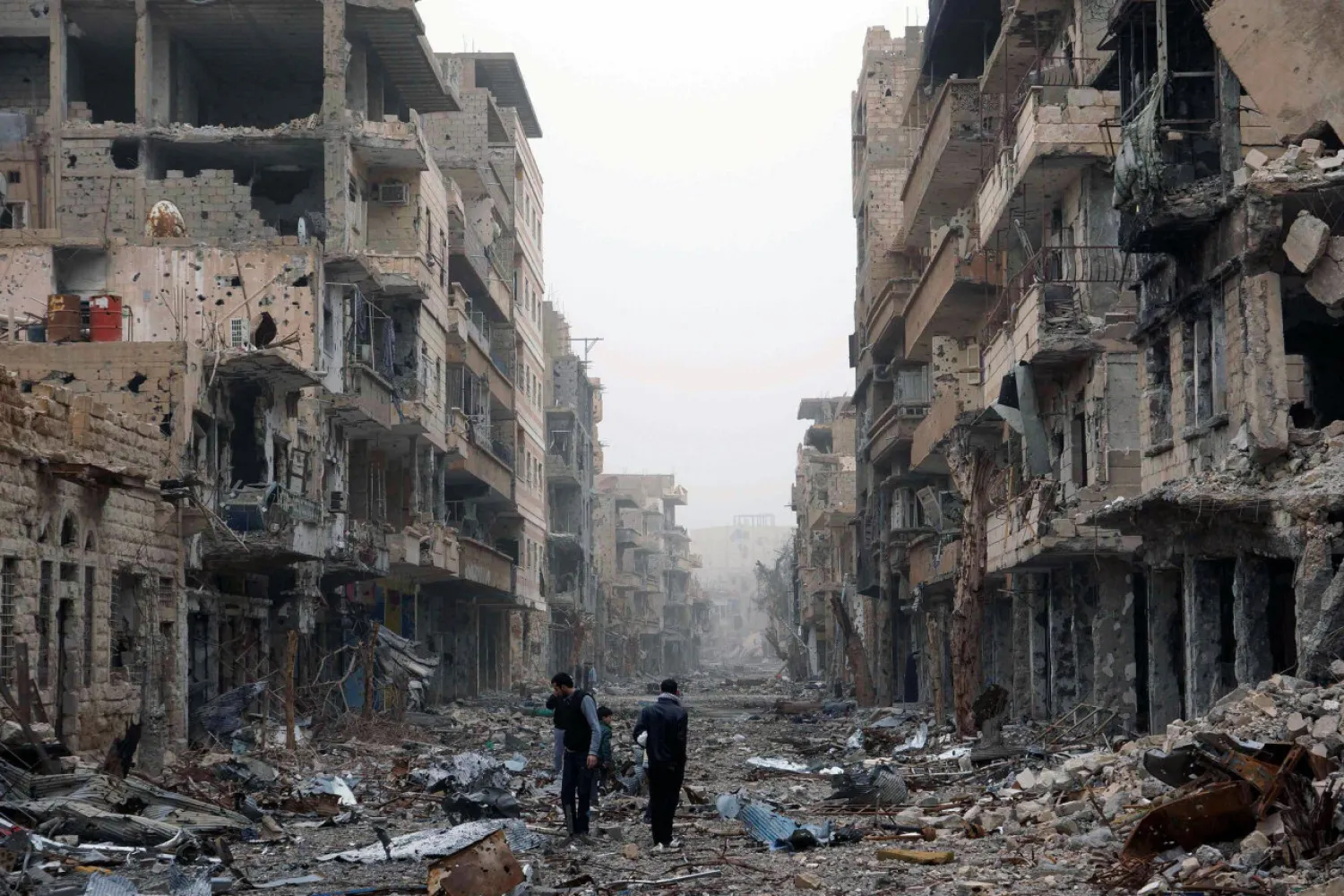ISIS militants have retaken nearly half of Albu Kamal in eastern Syria in a counter-attack on what had been the last significant town under their full control, the Syrian Observatory for Human Rights said Friday.
"ISIS started counter-attacking on Thursday night and retook more than 40 percent of the town of Albu Kamal," Rami Abdel Rahman, head of the Britain-based monitor, told Agence France Presse.
Syrian regime forces and allied fighters, including Lebanon’s Hezbollah, had recaptured the town, which lies on the border with Iraq in the eastern Deir Ezzor province, from the militants on Thursday.
Albu Kamal lies at the heart of what used to be the sprawling "caliphate" the extremist organization declared in 2014 over swathes of Iraq and Syria.
"The militants went back in and retook several neighborhoods in the north, northeast and northwest," Abdel Rahman said. "ISIS is trying to defend its last bastion."
Meanwhile, the US-led coalition told Reuters on Friday that it does not have "any releasable information concerning the whereabouts" of ISIS leader Abu Bakr al-Baghdadi.
A military media unit run by Hezbollah said on Friday that Baghdadi was reported present in Albu Kamal during the operation to clear it.
The military unit did not say what had happened to Baghdadi, give further details or identify its sources.









